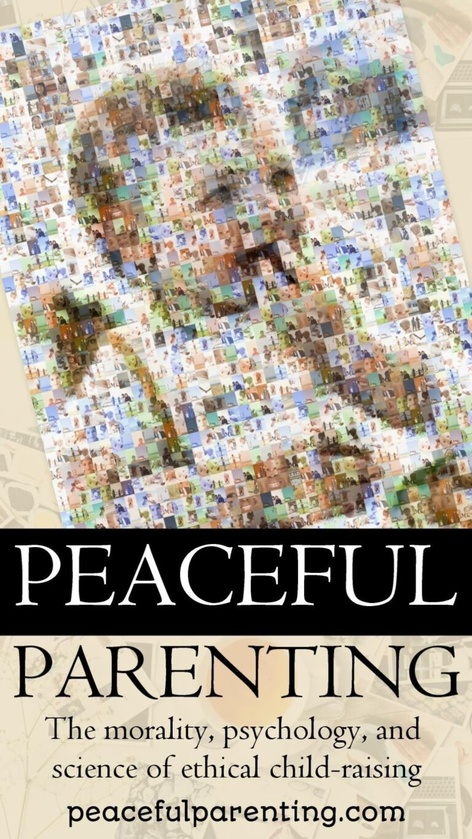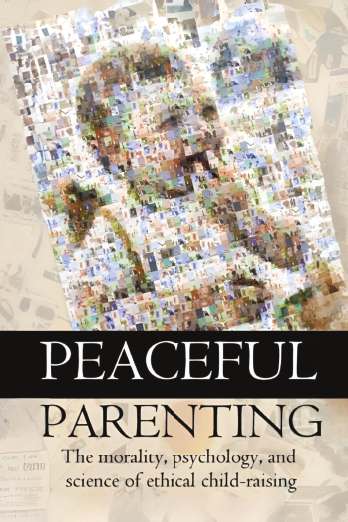Stefan Molyneux interviewed by Connor Tomlinson
Writer & Presenter, LotusEaters.com
https://www.lotuseaters.com/author/connor-tomlinson
In this extensive interview, Connor and Stefan Molyneux engage in a deep and introspective conversation touching on a wide range of topics. Stefan's deplatforming experience leads him to refocus on childhood ethics, particularly emphasizing his book "Peaceful Parenting" and the imperative of building a case against child abuse. He expresses confidence in the transformative power of ethical parenting to create a more civilized society. The duo discusses the profound impact of childhood trauma on individuals and society, pondering the complexities of personal experiences and societal expectations in shaping beliefs and values.
Stefan delves into the intricate nature of love, highlighting its influential capacity and the necessity for it to be rooted in virtue. He underscores the significance of understanding one's childhood experiences in sculpting principles and behaviors while critiquing modern societal shifts affecting morals and values. The conversation shifts towards exploring societal restraints and their evolutionary influence on women's liberation and happiness, enunciating the importance of acknowledging trade-offs in personal and professional pursuits.
Addressing controversial topics, Stefan delves into power dynamics regarding women's roles in society, fertility, and politics, shedding light on the influence of propaganda on societal beliefs. He elaborates on Universally Preferable Behavior (UPB) as a rational proof of secular ethics, critiquing secular morality and advocating for universal standards of behavior. Stefan shares his journey back to Christianity, stressing the significance of prioritizing children's well-being in preserving morality and virtue. The interview concludes on a reflective note, emphasizing the virtues of seeking truth deeply and the importance of moral principles in fostering a harmonious society.



















